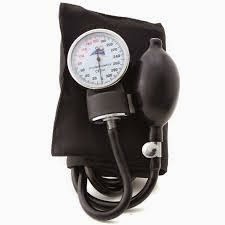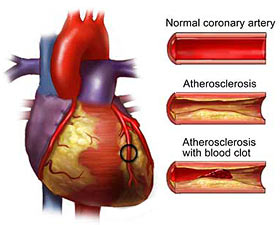High blood pressure, called hypertension, is a major risk factor for cardiovascular disease. Because we know that high salt intake is associated with a higher risk of having high blood pressure (especially in those who are genetically prone to hypertension, and those who carry other medical conditions that increase risk for hypertension such as obesity), huge efforts have been made around the world to try to get the general population to eat less salt. Interestingly, recent studies have raised the question as to whether too little salt may be associated with higher heart risk as well.
This issue was addressed in a recent issue of the New England Journal of Medicine, with two studies (3 articles) and an accompanying editorial.
The first study, called the PURE study, looked at urine samples from over 100,000 adults in 18 countries, and found that 96% of people studied exceed the current US guidelines for sodium intake. They found that the relationship between blood pressure and salt intake was strongest in those with high salt intake. They also found that people with both high and low sodium excretion had a higher risk of cardiovascular disease.
Interestingly, high salt intake was more strongly associated with high blood pressure in people with lower potassium intake, and there was a lower risk of cardiovascular events and death in people who had higher potassium intake. These findings suggest that higher potassium diets might achieve better blood pressure reduction and cardiovascular protection than sodium reduction alone.
The second study, called the NUTRICODE study, looked at global salt intake based on surveys from 66 countries, analyzed data from 107 published clinical trials, and found a strong relationship between sodium intake and cardiovascular events. They estimated that a whopping 1.65 million cardiovascular deaths in 2010 were attributable to excess sodium consumption.
So where does this leave us? One major take home message is that 96% of people studied are eating more salt than what is recommended. We know that excess salt intake is linked to increased risk of high blood pressure and heart disease, so for the vast majority of us, cutting back on our excess salt intake is needed. There is much added salt in our food supply, especially in processed foods, so cutting back on manufactured food is one of many steps in the right direction!
Second, it appears that eating more potassium may be beneficial – BUT – there are many people in whom it could be dangerous to up potassium intake, such as patients with kidney problems. There are also many medications (especially some blood pressure meds) that can increase potassium levels. Too much potassium in the blood can be dangerous, so it is VERY important to discuss with your doctor before making any changes to your potassium intake.
As to whether low salt intake could increase the risk of heart disease – the question has definitely been raised by the above data. The American Institute of Medicine has evaluated the data, and concluded that current data is not sufficient to make conclusions on this. Now, we need a high quality clinical trial to give us a definitive answer to this provocative question.












